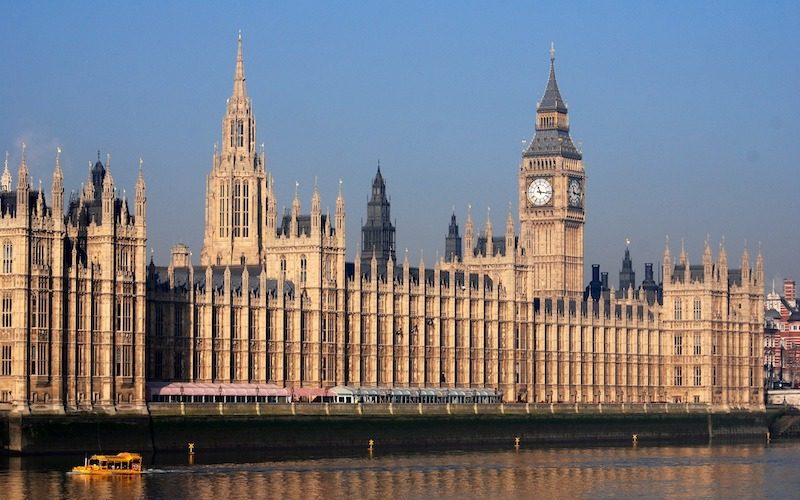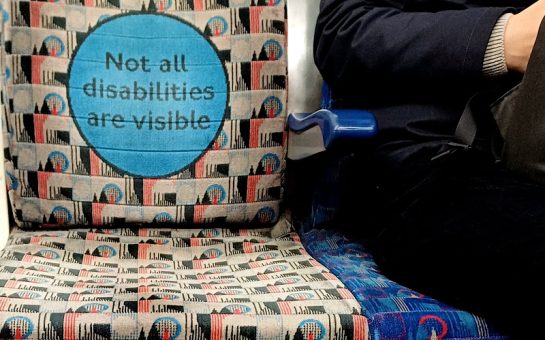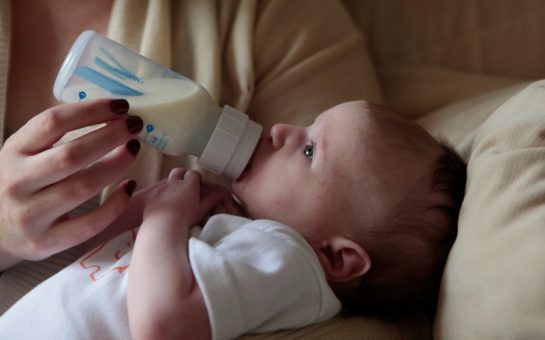The last time I was at Westminster, the home of British democracy, was just before the Covid-19 pandemic started.
As a trainee reporter there was something quite humbling about walking along the famous corridors of power. It made me think that everyone should, at least once in their life, visit the place from where issues concerning the country’s future are debated.
It must feel daunting for any new Member of Parliament, when he or she arrives, full of pride and ready to serve the nation for the very first time.
The last few weeks have seen the very foundations of parliament shaken, as one by one, several courageous MPs, both male and female, have recounted appalling experiences of sexual harassment by their colleagues.
This at a time when we need our ministers, the people we elect to represent us, to lead the way in modelling civility and respect.
According to the Fawcett Society: “The last two Westminster elections have seen scant progress with the proportion of female MPs at 34%, following the 2019 election.”
However, I am not certain that simply increasing the number of women MPs alone is the answer.
To me, this is a cultural issue, and I suspect, as Kwasi Kwarteng has said, that it involves a small number of male MPs who are living in insular bubbles not realising that the world is rapidly changing.
The UK is being studied by other nations, especially those with fledgling democracies and by those for whom gender rights are still contentious subjects. We are being appraised to see if our systems and institutions genuinely represent the ideals of equality and fairness.
It has been a tumultuous two years in politics. Partygate is lingering on, and the electorate need to feel now more than ever that members of parliament care about all of us – and about each other.
The murders of Sir David Amess and MP Jo Cox have brought home to many people how important our ministers are. In the sometimes-adversarial world of politics, we want to know that, at the end of the day, the majority of our MPs are just like us, ordinary people.





